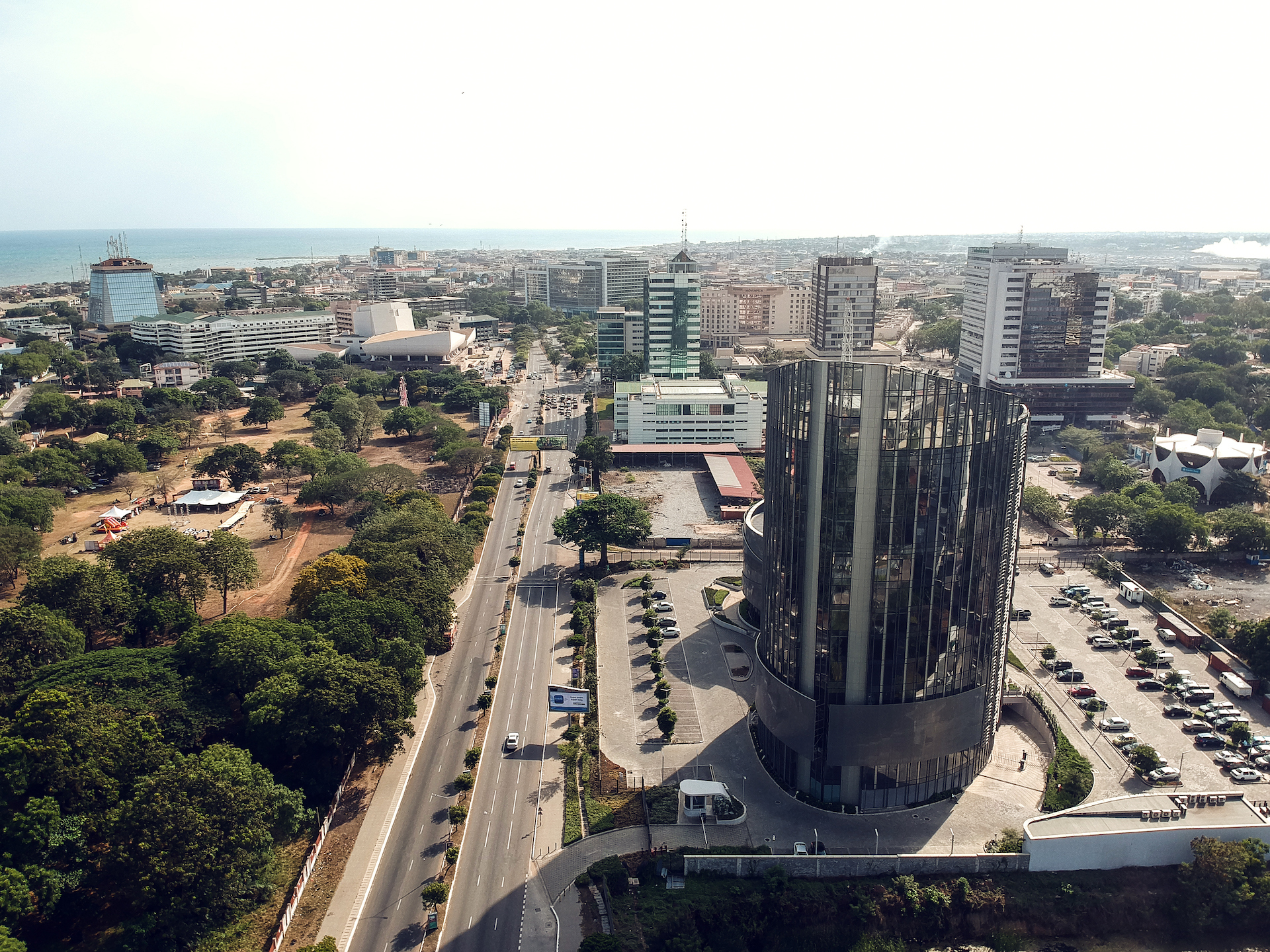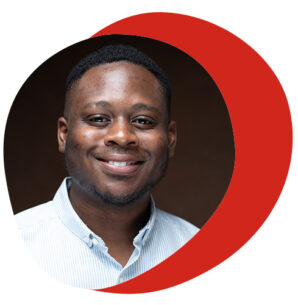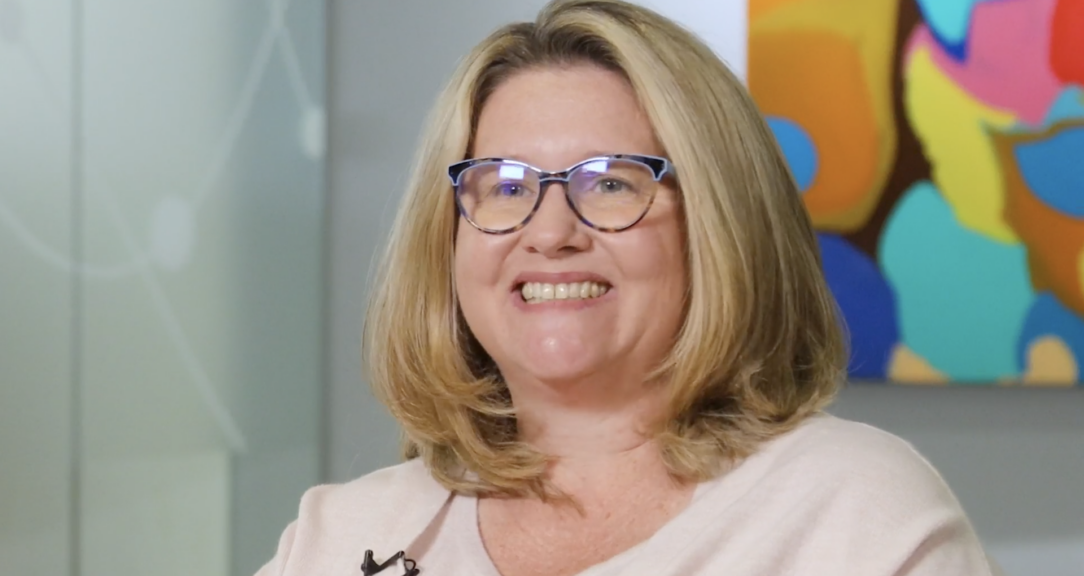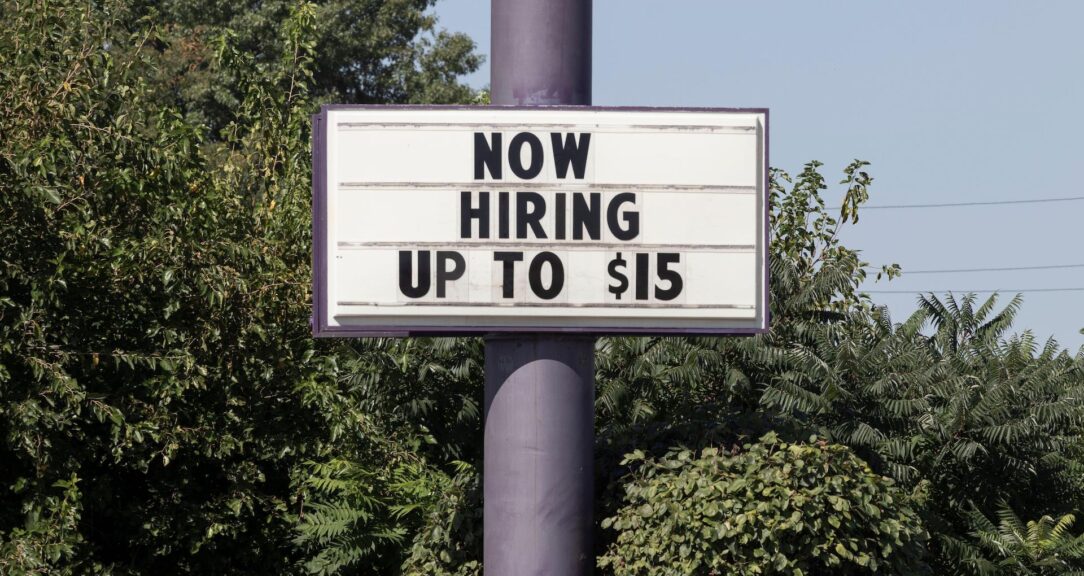Accra, Ghana’s capital and largest city, lies on the Atlantic coast in the Gulf of Guinea. Having come to prominence as a trading post in the 1600s, today Accra is Ghana’s economic and political hub, as well as its most ethnically diverse city. Its currency, the cedi, is named after the cowrie shells that powered the West African economy for centuries.
As one of the first countries to gain independence from colonial rule in Africa — from the United Kingdom in 1957 — Ghana inspired and spearheaded anti-colonial movements across the continent. The country’s first president, Kwame Nkrumah, a devoted Pan-Africanist, hosted the first All-African Peoples’ Conference in Accra in 1958. Because of this history, Ghana has been called the Gateway to Africa.
Embracing this nickname, Ghana’s government has positioned itself as a global hub for the Black diaspora. Ghana’s 2019 Year of Return initiative — which sought to establish the country as a key travel destination for Black Americans 400 years after the first enslaved Africans arrived in Virginia — drove an estimated $1.9 billion in travel revenue. A continuing initiative, Beyond the Return, continues to draw investment and tourists.
But it’s not tourism that drives Accra’s economy. Instead, it’s heavily weighted towards manufacturing and service industry jobs. Among workers, 83% are employed in Accra’s informal economy, with the figure rising to 87% for women. The city has a high cost of living: Average annual household earnings are about 63,027 cedis (GHS, about $5,000), nearly double the national average of GHS 33,937. Amid concerns about inequality and inflation, people in Accra work to keep their beloved city running. We spoke to six of them about their experiences living and working in Ghana’s capital.
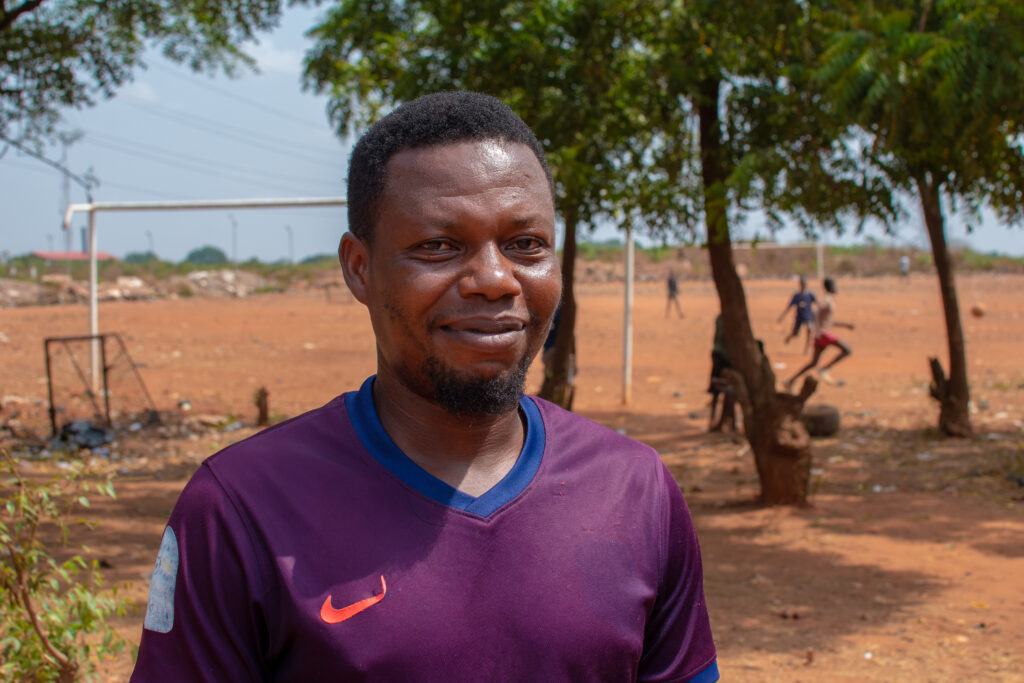
Innocent Tsey, 37
Carpenter
I have made a living from wood for the past 13 years. Life as a carpenter made me feel independent for the first time in my life. My first job in carpentry, which I did for a year and a half, paid me 45 cedis a month. It was the first time I had made any form of money. Before that job, I was being supported by my family, but earning that money, however little, brought me real joy.
It’s still been a hard life for me. Having lived with my wife and kids in decent quarters in a high-end part of Accra, I had to move out after the property was sold to an international investor. I really couldn’t afford the high rent in Accra for regular accommodation and thought I would be better off temporarily in a shanty town. It’s not safe or comfortable, and I am not happy raising my children here, but it is cheaper and helps me save.
Work for me is sometimes seasonal, and when I do get drafted into some work for a year or so, the pay isn’t much. When working as an artisan for a company, I make a little over 1,000 cedis a month. If I’m lucky, this salary increases a little because of overtime work on Saturdays. What gave me hope in my trade was a side job as a subcontractor for a project that earned me 15,855 cedis. I was able to buy a plot of land and hope to start a building project. I’ve already started molding the blocks I will need for the construction.
That subcontractor job gave me a renewed focus. I learned maybe I could make a lot more money as a carpenter. Since then, I have been trying to save up to get certification as a subcontractor, so I can do more work on my own terms and hopefully make more money. This year, I also hope to reserve enough of my income to start building the home I want my children to grow up in.
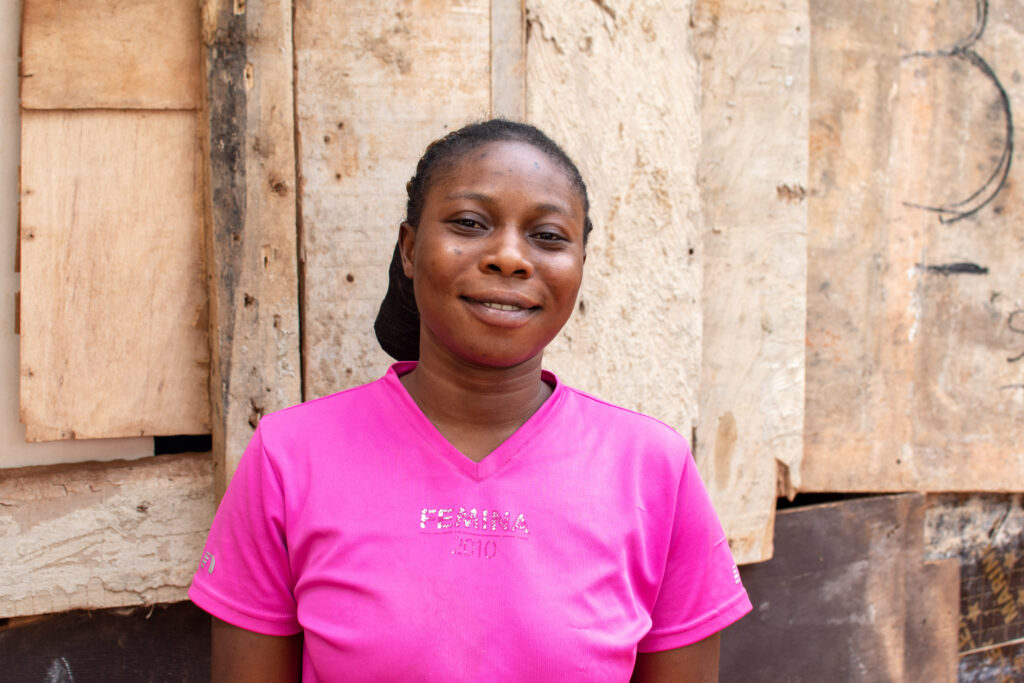
Comfort Owusu, 27
Cleaner
It took me a long while to get my first formal job. I had basically been unemployed until 2022, when I was 25. I engaged in some trade here and there with my sister in some of Accra’s markets, but nothing steady. Before my first job, the most I made was selling tomatoes at the market. I could make 80 cedis a day sometimes. Maybe that’s why my first job disappointed me: I was a shopkeeper in a clothes shop, and I was making 500 cedis a month.
I was initially okay with this salary, but as the years went on and the economic crisis worsened, things got harder. I couldn’t save, and I was living hand to mouth. Heading into 2023, I knew I had to make a change. I managed to get a new job as a cleaner at a company that posted me to a hospital not too far from where I live, so I spend less on transportation. But the money has only improved slightly — not in any meaningful way.
I now earn 600 cedis monthly, which is worth much less than the 500 cedis I started 2022 with. I will admit I am a little more content now than last year. I am now used to the economic crisis. This cleaning job is also the only work I could find.
It is still hard to save. I hope I find a better job soon. The little money I can save, I want to use to try and learn a trade. I want to learn how to sew and make clothes. I will have to pay to take up an apprenticeship. I hope I can one day become a seamstress and maybe a designer.
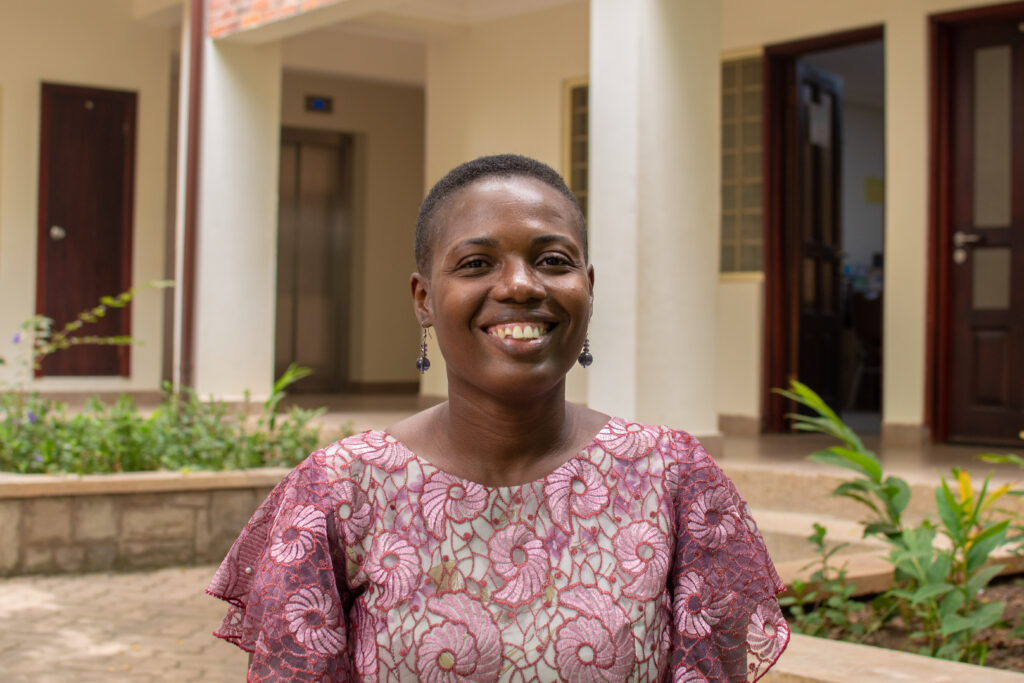
Clarice Taylor, 36
Teacher
I love my job as a teacher. I’ve been in this profession since 2010. I can’t say I always wanted to be a teacher, but once I started this profession, I came to love it. I guess the writing was on the wall in this regard, given teaching runs fairly strong in my family. My mother was a teacher, as well as both my grandparents. Once the opportunity to teach came, the love that was hidden in me came out.
My first teaching job was in a private school in my home city of Takoradi, in southwestern Ghana. I was making 500 cedis a month. It wasn’t much money, but it was fairly good compared to other places. Marriage brought me to Accra in 2012, where I continued as a teacher, also in a private school. I started out as an English teacher, but I’ve transitioned into teaching French in a new school that has provided me with opportunities for professional growth with better networking opportunities and better pedagogy technology. It has made me feel like the full package as a teacher now.
I’m at a point where my job as a teacher really isn’t about the money. While I am happy with what I make now, about 3,000 cedis, I am driven by passion and my ability to impact kids. The children that pass through my class, what will they take away from me? That is what concerns me. Overseeing kids in Accra is also quite the experience, and underrated in how marked a departure it is from teaching in Takoradi. The kids in Accra are more cosmopolitan, more expressive and more assertive. That has also helped me grow as a teacher.
Though I don’t like to obsess over money, I do worry about the value placed on teachers in Ghana. Our value doesn’t match our importance to society. The average teacher in Ghana isn’t well paid or given the best possible tools to succeed. Sometimes I feel like parents expect us to act like nannies taking care of their kids during working hours instead of being educators imparting knowledge. That said, when it comes down to it, I really don’t care how we are perceived, because I love the children I teach.
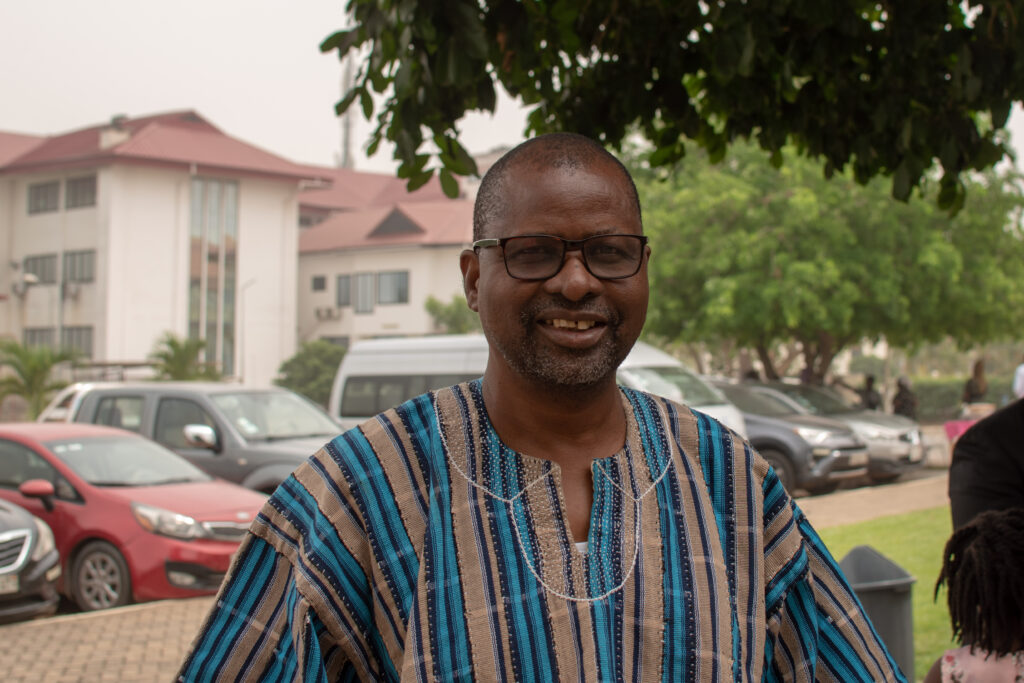
Aaron Abuosi, 59
Lecturer
I have spent the final leg of my working life in Accra, having grown up and started work in the northeastern part of Ghana. I didn’t see the inside of a classroom until I was a teenager, and my first job was as a nurse in a government hospital. I don’t remember what I used to make in 1992. But it was enough to take care of me and start a family. The cost of living in that part of Ghana was quite low.
I had always wanted to become a lecturer, so the next legs in my career saw me become a nursing tutor and then an administrator at a private hospital. I was pretty comfortable as an administrator, making about 3,000 cedis a month in my last year of that job. That was big money at the time since I was outside Accra and the cost of living was low. But when I moved to Accra to pursue a Ph.D. and my dream of becoming a lecturer, it was a different story.
I started at the bottom of the ladder at the University of Ghana Business School, working as an assistant lecturer as I worked on my doctorate. I taught courses on hospital administration. I was making 4,000 cedis, but with a family of five and the significantly higher cost of living, it was really tough. Not only did I have to cut out all luxuries, I even had to forfeit some basic household items. For example, after renting our first home in Accra, we had no furniture and had to make do with plastic chairs.
It’s gotten easier, thank God. I make much more, with a basic income of about 7,000 cedis a month. But I get good allowances that push up my salary, and I also do some consultancy work on the side, which are the perks of working in Accra. I have been able to put my kids through school, with my eldest recently graduating from university. I expect the other two to follow as the years go by, God willing.
I will formally be retiring later in 2023, when I turn 60, but I expect to continue working on a post-retirement contract. I really want to continue in academia and do some more research work. I also want to mentor students who I hope are inspired by my professional trajectory.
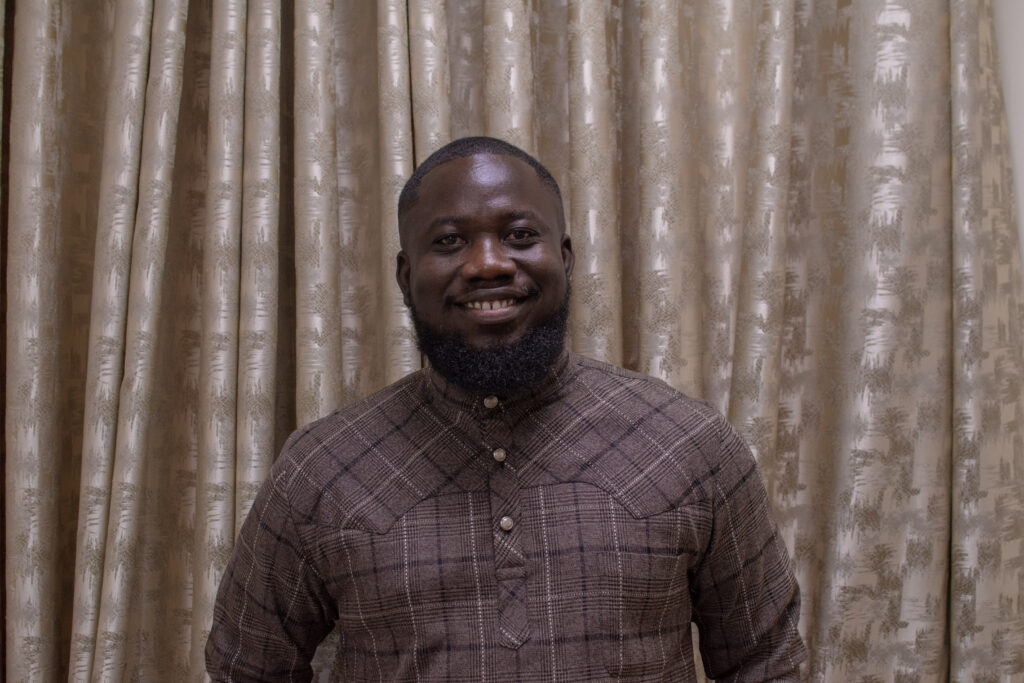
Justice Owusu Ansong, 31
Administrative officer
Coming out of school in 2014, I had my eyes on a job in the financial sector. That had always been my career goal. I worked extra hard for my first job in the risk department at a multinational bank in Ghana. I had to go through interviews and even had to pass an aptitude test before working there as national service staff and later on a contract.
My pay at the time was 420 cedis a month — peanuts now. It would be impossible to live on that today. But I could meet my needs at the time. I could buy 100 cedis worth of treasury bills every month and could also give money to my mother at home. Thinking back, I also got some extra money from some colleagues at the bank who knew my entry-level salary wasn’t much.
Uncertainty started to creep in some two years into the job. At the time, the bank was going through some restructuring, and staff were being laid off. I didn’t want to get caught up in that and decided to leave on my own terms. I had some offers from graduate schools outside Ghana, but the education path didn’t materialize. No scholarships came my way.
After a couple of years without steady work, I got an offer to fill an administrative role at my church. That wasn’t part of the plan, but it gave me a healthy salary, upwards of 3,000 cedis, and it allowed me to rent a place for myself and support my family. My time being unemployed wasn’t as bleak as it could have been, given how tough it can be in Accra. I did some work for Washington University as a programs coordinator in Ghana. I was paid good money, about $3,000 in addition to some stipends. That was how I was able to go through that period without struggling.
Right now, I want to be my own boss. I am laying the groundwork for a business and keeping things close to my chest, but my long-term goal is to be an entrepreneur.
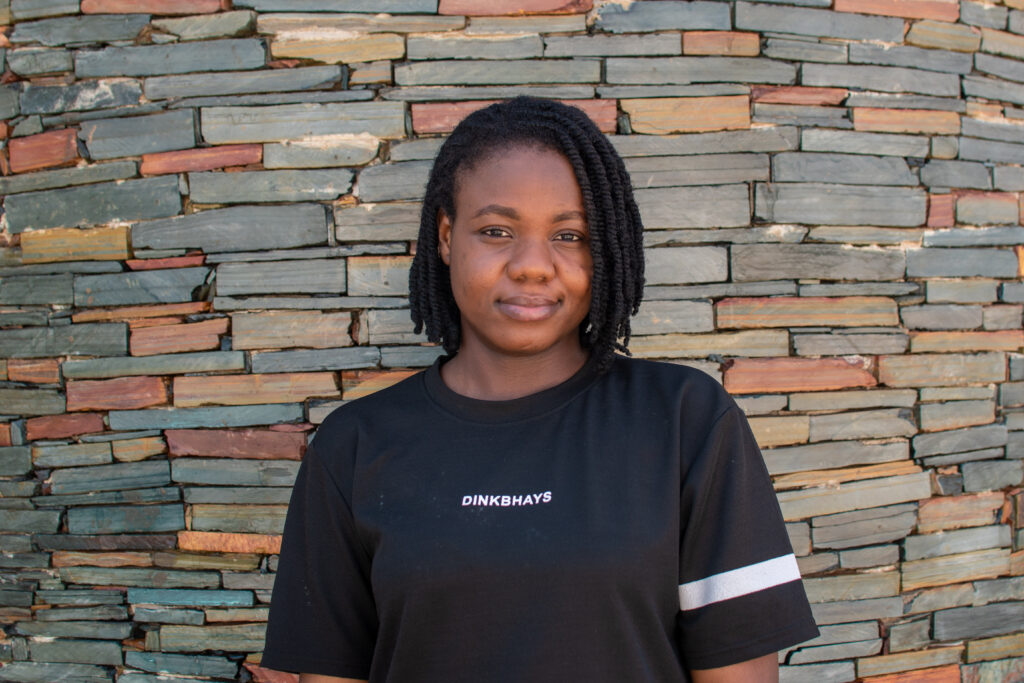
Eyram Doe-Atakli, 29
Software engineer
I have spent my working life behind a screen, working as a back-end software engineer. After my national service year in 2016, I became employed with a fintech company based in Accra. It was during that period that working as a software engineer started to make sense. Before then, I knew I wanted to work in IT, but didn’t have a concrete plan.
I spent five years with my first company, starting at 2,000 cedis a month. By the time I left, I was making 6,000 cedis a month. These salaries came with different emotions. When I got my first paycheck, I was really happy. I had my own money to spend and didn’t have to ask my dad for money anymore. I remember going to the mall to shop and treat myself. By the time my salary had gone as high as 6,000 cedis, I felt I was truly independent. I could even afford to get my own place if I wanted.
But the rewards of my job came at a price. The work pressure was affecting my physical and mental health. I developed some back issues and needed a break, but there was none in sight because of the responsibilities. After five years, I left my job with the fintech company. I was due to be promoted, but I didn’t think I could manage the strain of the extra responsibilities, even if it had meant more money.
As I recuperated, I was only really looking for part-time work opportunities. But a friend introduced me to a tech firm that eventually hired me. It had flexible working hours and paid so much more money — over 20,000 cedis a month. That said, I am hoping to land a job outside Ghana. That’s the next step for me.
I expect to be in the tech industry for the next decade or so. Afterwards, I want to run my own business, and it won’t be in tech. I don’t want to have to answer to anyone. Yes, I’m making good money, but sometimes I don’t feel the direct impact of the work I am doing. I want to be doing work where I can actually help people.
Read more
Sign up to keep up to date with ReThink Q.
